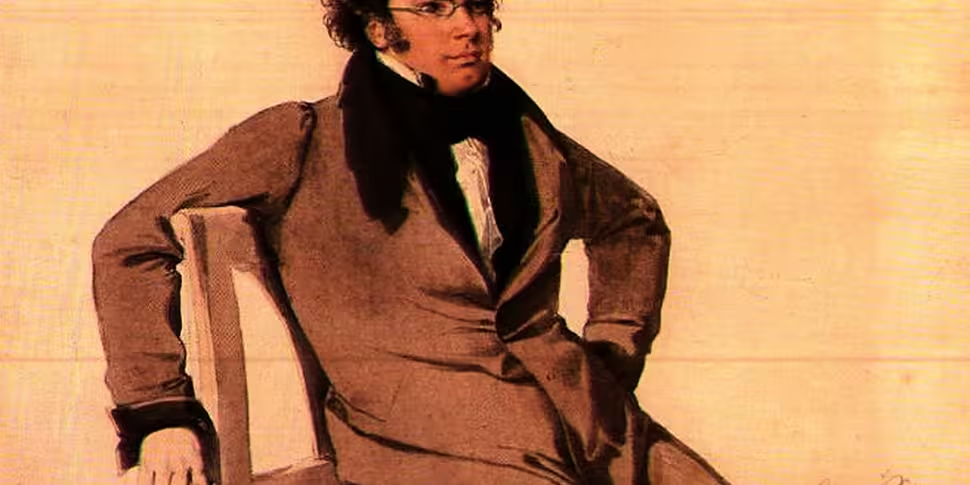Many great artists only became famous after their death. Figures like Edgar Allan Poe, Henry David Thoreau, and-most famously-Vincent van Gogh all had to wait for the grave before gaining serious recognition. The Austrian composer Franz Schubert is another such genius who was overlooked in life but whose stock has grown with time.
Born in Vienna in the last years of the 18th century Schubert came of age in a period of artistic revolution. The Enlightenment had set Europe ablaze with revolution and war. In response to this dictatorship of reason artists, poets, writers, and composers began to embrace the emotion and beauty evident in the world. This Romantic movement would dominate the 19th century and birth many of the world’s greatest works of art.
The son of a schoolmaster Schubert was afforded a good education and access to the arts. From an early age he proved proficient at both piano and singing. As Schubert grew so too did his talent and at eleven he was awarded a scholarship to study at the Imperial Seminary. Here it became evident that there was more to Schubert than raw potential and his skills as a composer began to emerge.
Despite his skill Schubert still came from a relatively poor family and was forced to support himself by returning to teach at his father’s school. Schubert continued his musical education while teaching and began to apply for various orchestral and musical posts as they arose. He was turned down for each one though and forced to continue supporting himself by means other than his passion.
This began to change in 1816 when he went to live in his affluent friend Schober’s family home. Here Schubert began to compose in earnest, especially after his plans to teach music fell through. The time spent with Schober not only allowed Schubert time to develop his composing style and musical skill but also grew his circle of friends and admirers. These would in turn become advocates of Schubert’s music and it is largely thanks to them that his music is remembered today.
In 1817 Schubert reluctantly took up teaching again, joining his father at his new posting in Rossau. This would prove a short posting though as he began to gain traction the following year, earning some favourable reviews in local and international papers. By the 1820s Schubert’s star had begun to rise as he composed numerous works, all of which showed promise.
This promise would never materialise into success, however, as Schubert failed to find traction with publishers and the wider public. In many ways Schubert was the unfortunate victim of fate and poor timing. While his talent was on clear display Schubert didn’t pander to popular movements and his compositions didn’t quite fit into conventional tastes. Beside a close group of friends and admirers few seemed interested in Schubert’s unconventional sound.
This didn’t stop or slow Schubert’s prolific output and he continued to write songs and compositions at breakneck speed. As the end of the 1820s drew closer Schubert’s skill and speed picked up and he began to compose what would become his masterworks.
Schubert died in his brother’s apartment in Vienna in 1828. Just 31 years old he had managed to amas a body of work well in excess of 600 compositions. At this request Schubert was buried next to Beethoven, who had died only the year before. His death was largely overlooked, however, as Schubert’s star had never reached the heights of his grave companion. Recognition would come in time though as later composers found and championed his works. Today Schubert is considered among the greatest composers of the early 19th century.
But what was Schubert himself like? Was he the wild philanderer many paint him to be? Is there truth to the rumours of his homosexuality? What was it that drove this overlooked genius? And how did he rise from relative obscurity to such heights of recognition?
Professor Patrick Geoghegan, host of Talking History, leads a panel discussion to get to the centre of this man of contradictions and his musical legacy. Speaking with biographers, composers, and music historians Patrick looks beyond the great music to the simple man hidden behind it all.









